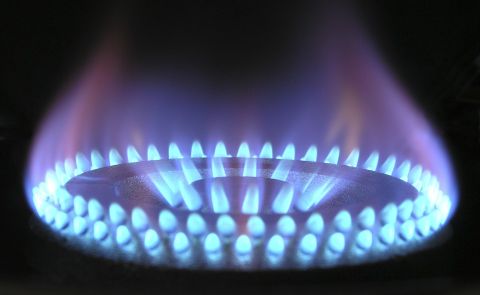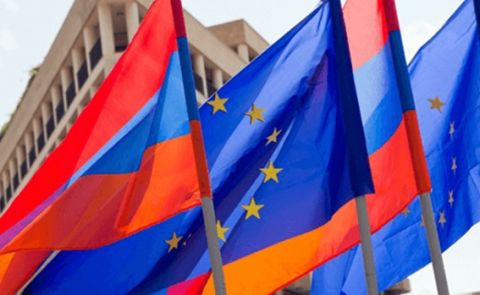
New NATO communique reaffirms Georgia’s potential membership in the alliance
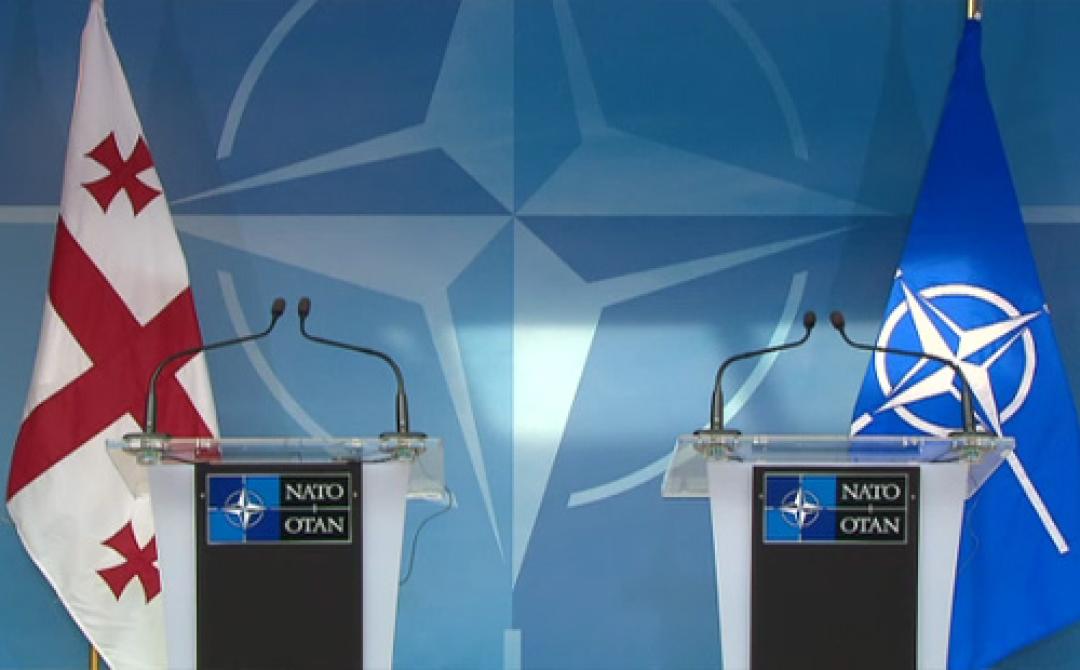
On 15 June, Georgia’s Ministry of Foreign Affairs (MFA) issued a statement noting that the MFA welcomes the discussions made at the NATO Summit in Brussels on 14 June. Important decisions were made in the context of Georgia’s accession and in terms of the future adaptation of the Alliance itself.
“It is extremely important that the communiqué confirms the decision of the Bucharest Summit that Georgia will become a member of NATO and that Georgia has all the practical tools to prepare for eventual membership. The Allied Member States’ unequivocal and direct confirmation that they support Georgia’s sovereign right to choose its foreign policy priorities and that any third party interference in this process is to be welcomed. It is noteworthy that the member states are unequivocally positive about the progress made by Georgia as an aspirant country in implementing reforms in various areas,” the statement read.
The NATO Secretary General Jens Stoltenberg declared at the summit that the Alliance continues to support Georgia and Ukraine. “NATO stands in solidarity with Georgia. We provide political support, practical support. We will never accept that the parts of Georgia are not under Georgian control – Abkhazia and South Ossetia. We are stepping up our practical support for Georgia, including with the training centre and in other ways. Allies are committed to provid[ing] support and also make it very clear that Georgia is a highly valued partner in the Black Sea region. It is for 30 allies to decide when is the right time for Georgia to join. We need consensus in the Alliance to make decisions. I can not say a date, but I can say that we will continue to support reform efforts moving Georgia closer to NATO,” he emphasised.
In an exclusive interview with georgiatoday, the NATO Special Representative to the South Caucasus James Appathurai claimed that the alliance members were going to make decisions on the future of NATO, called ‘NATO 2030,’ made up of numerous elements. One of those is seeing what more they can do to further strengthen the open door policy, and also to further strengthen their support to the countries that are working to join NATO.
He also underscored that until now there has not been any quantum leap in NATO presence in the Black Sea region. “We’ve been going for a steady, incremental increase to try to keep the situation relatively manageable. And that has included [greater] information exchange with Georgia and Ukraine about what’s happening, training for the Coast Guard in the case of Georgia and help for the naval capacities of Ukraine. We have more exercises in the Black Sea and you can see a lot of Russian complaints about that. So, it’s very visible. We have more participation or more presence by NATO allies under their own flag rather than a NATO flag. And that includes ships. It includes some big ships, it includes American ships… and also maritime patrol aircraft from a number of countries,” Appathurai explained. “So there has been work, and there’s the question of what more we can do. There are discussions about putting in more substantial NATO infrastructure or NATO affiliated infrastructure into the NATO countries that are on the Black Sea. That discussion is continuing. It has certainly not stopped,” he emphasised.
Georgia’s Prime Minister Irakli Garibashvili also underlined the NATO 2030 agenda and the renewal of the open door policy. He highlighted that issues such as modernising capabilities, reinforcing collective defence through increased readiness, developing Alliance-wide resilience objectives, as well as supporting the resilience of partners, are key issues in the NATO-2030 document.
See Also

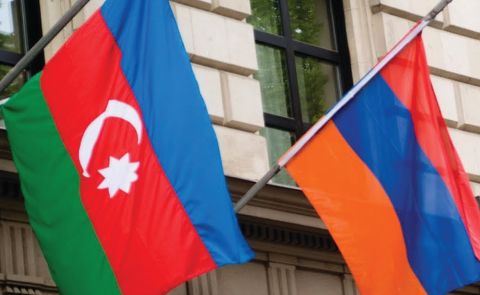
Armenia Reaffirms Peace Deal Readiness, Criticizes Azerbaijan's Preconditions

ING's Forecast for Azerbaijan Highlights Oil Price Risks and Gold Export Opportunities
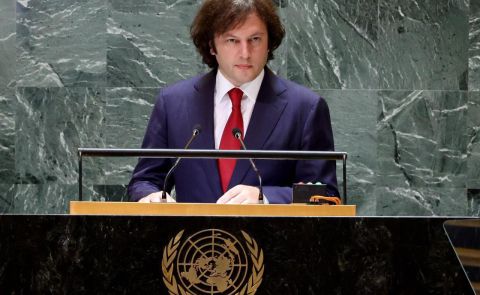
Georgian PM to Attend European Political Community Summit
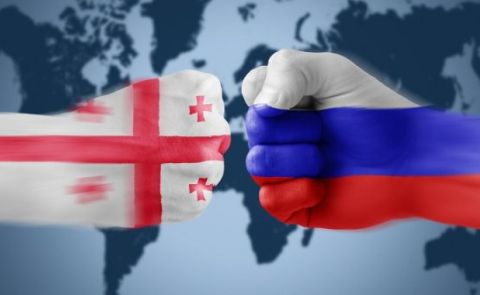
Putin Urges Georgia to Uphold Friendship Traditions, Signature Collection Begins in Tbilisi to Restore Ties
